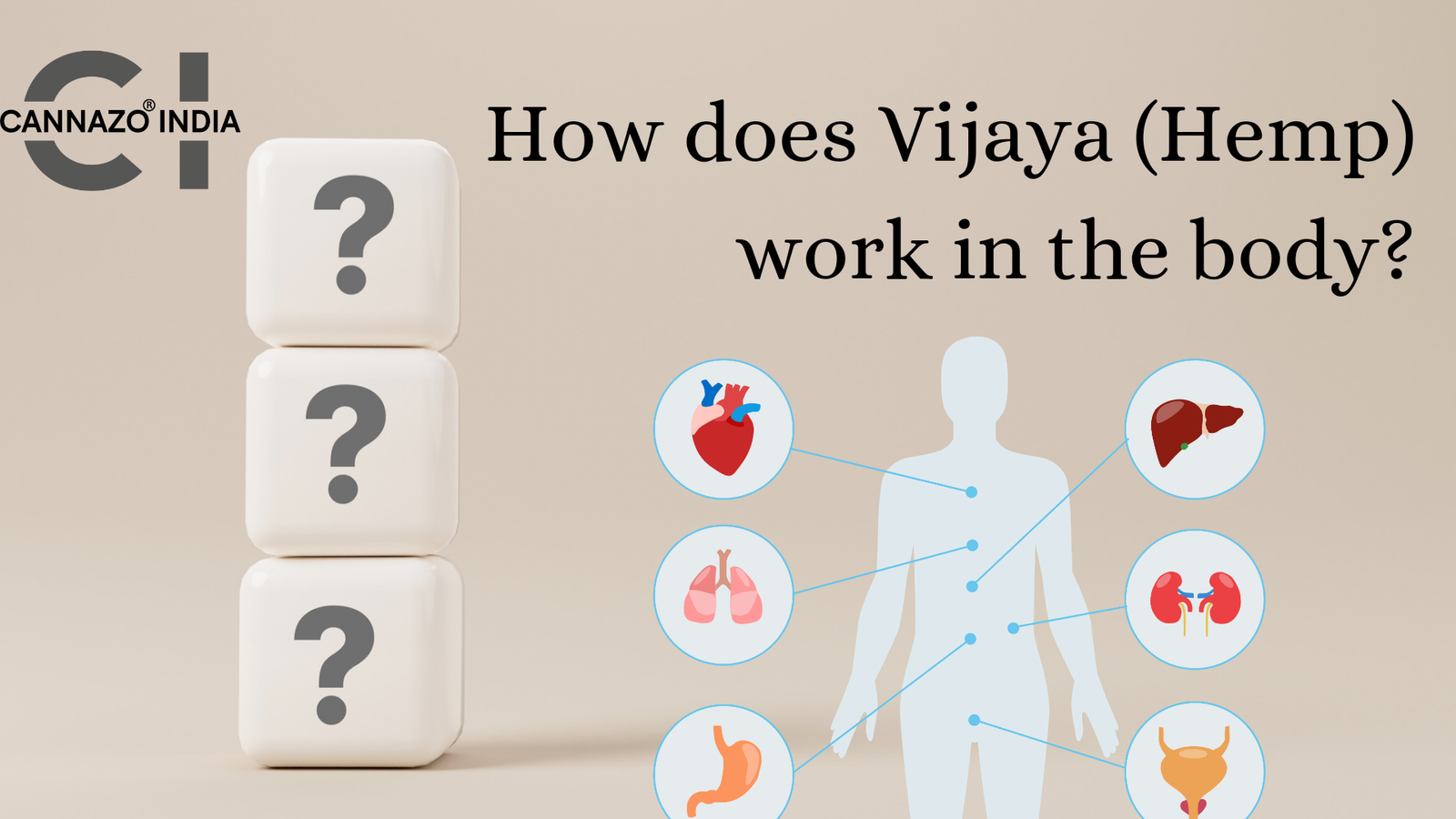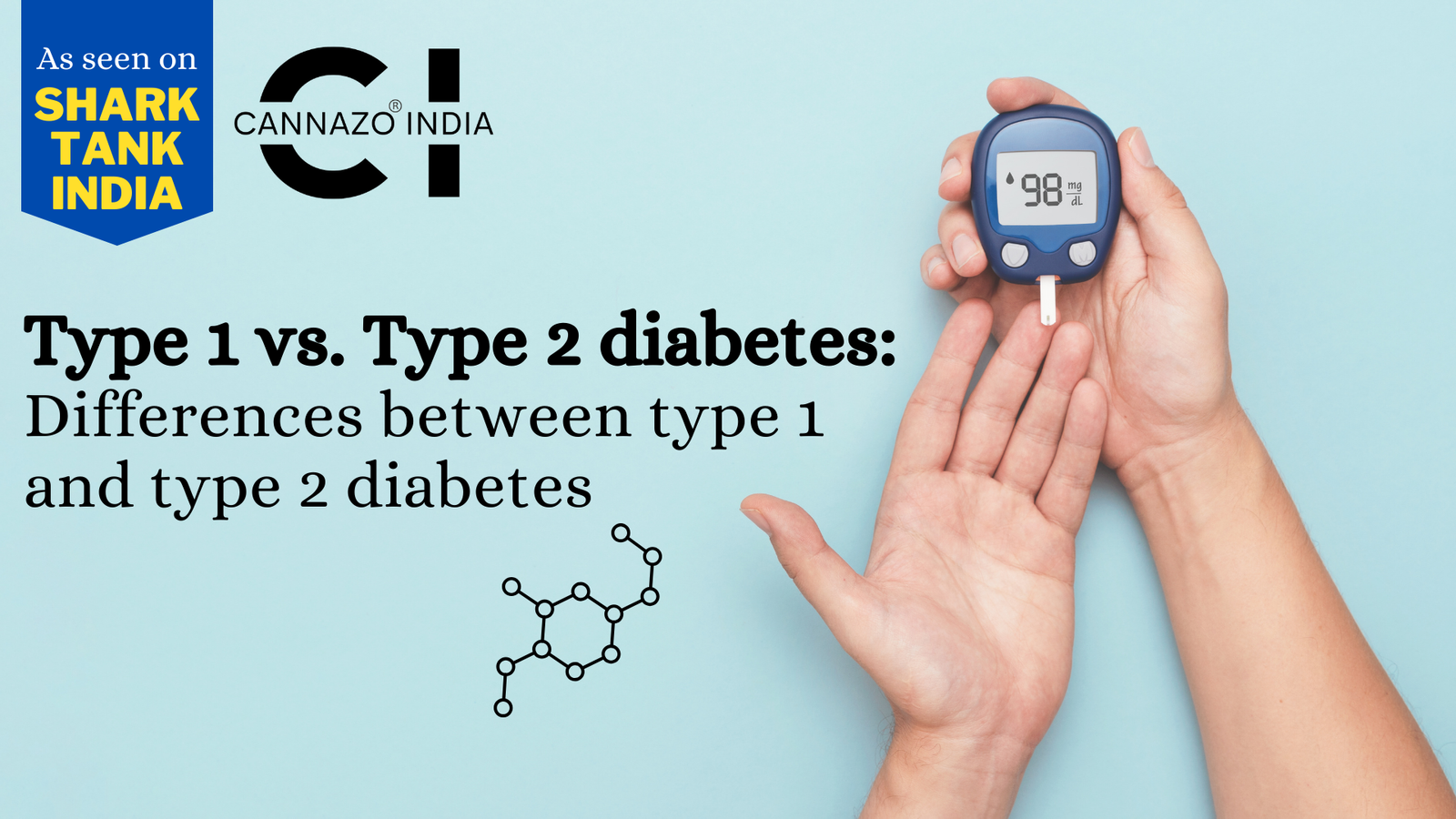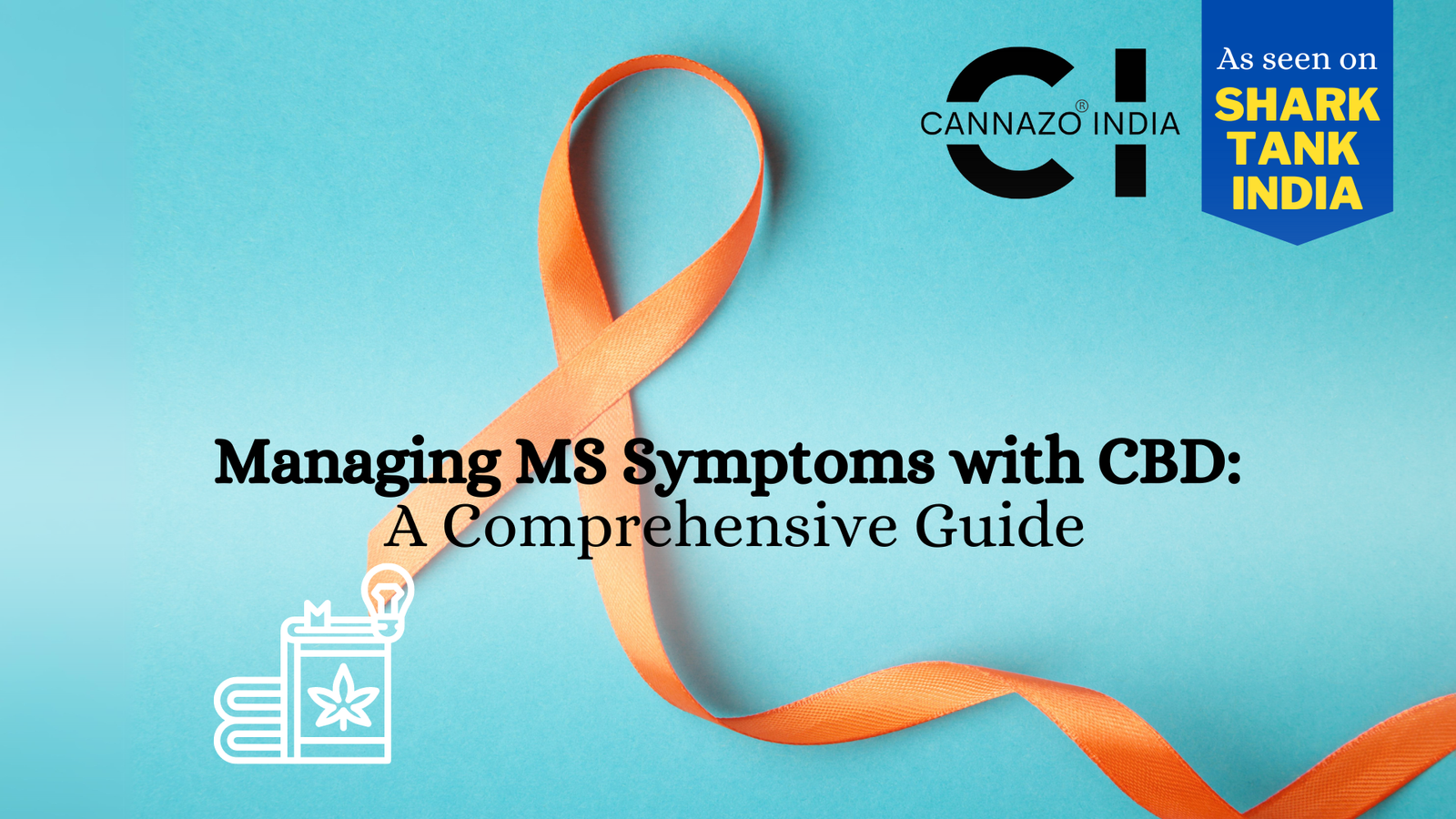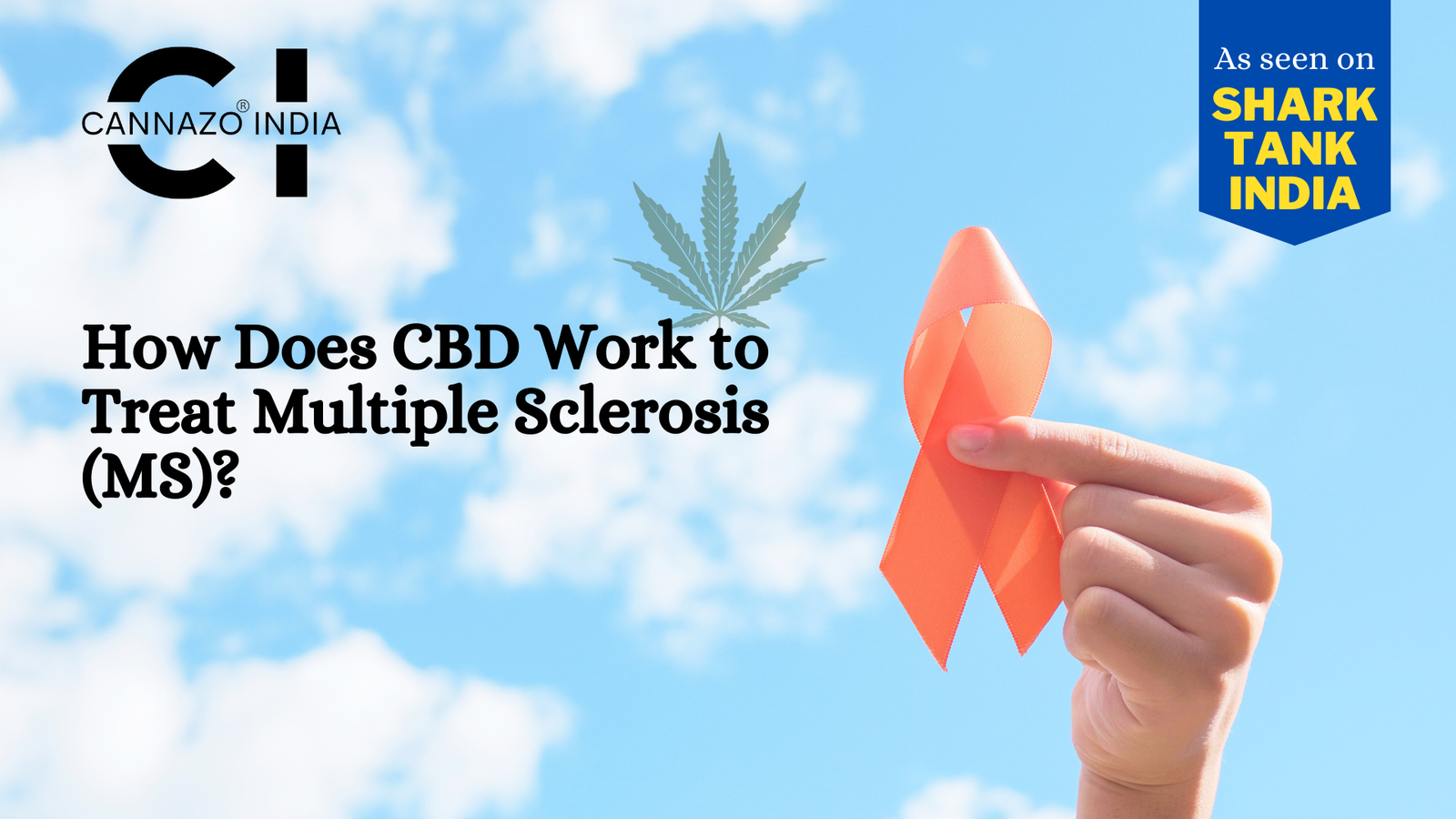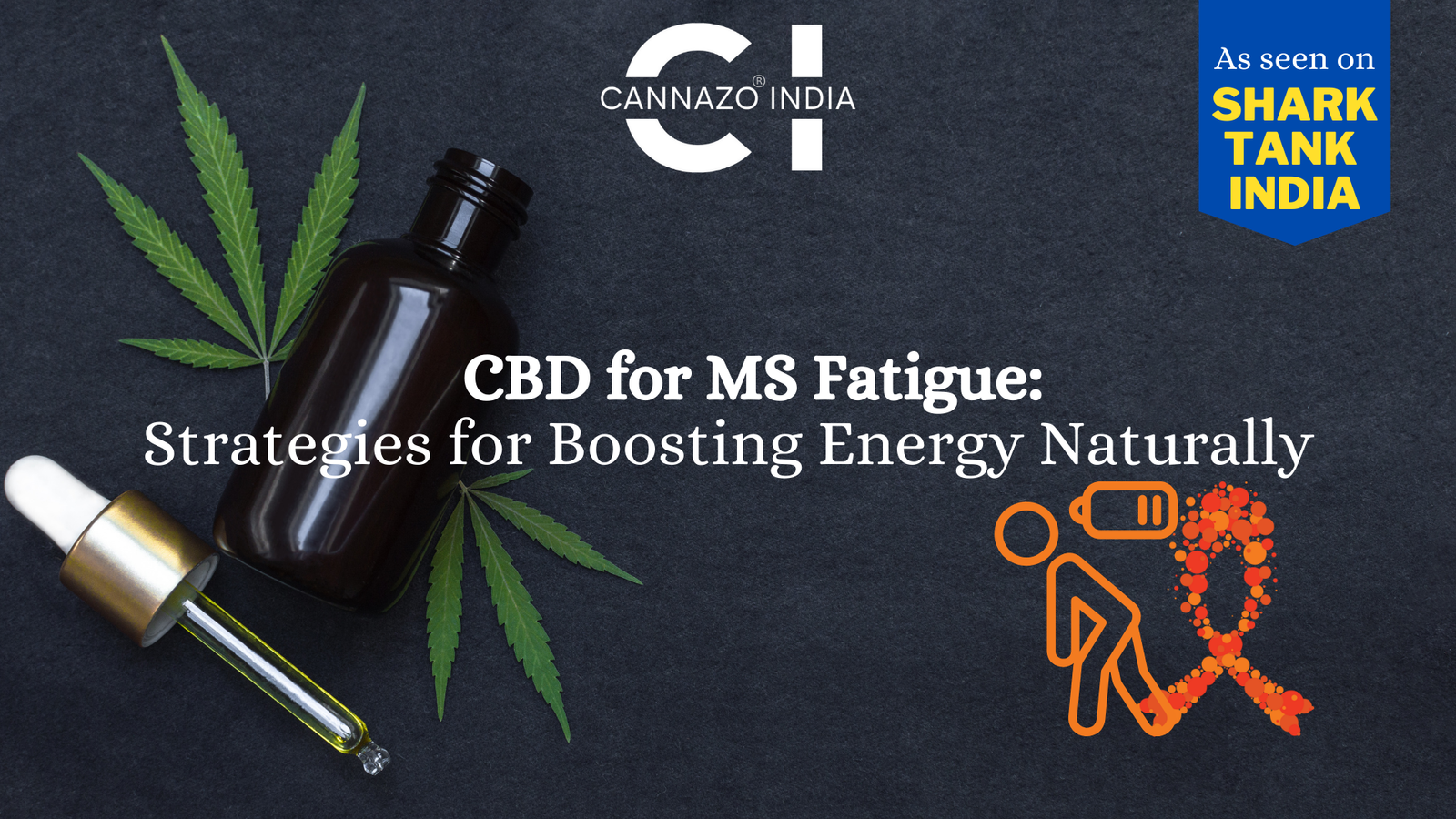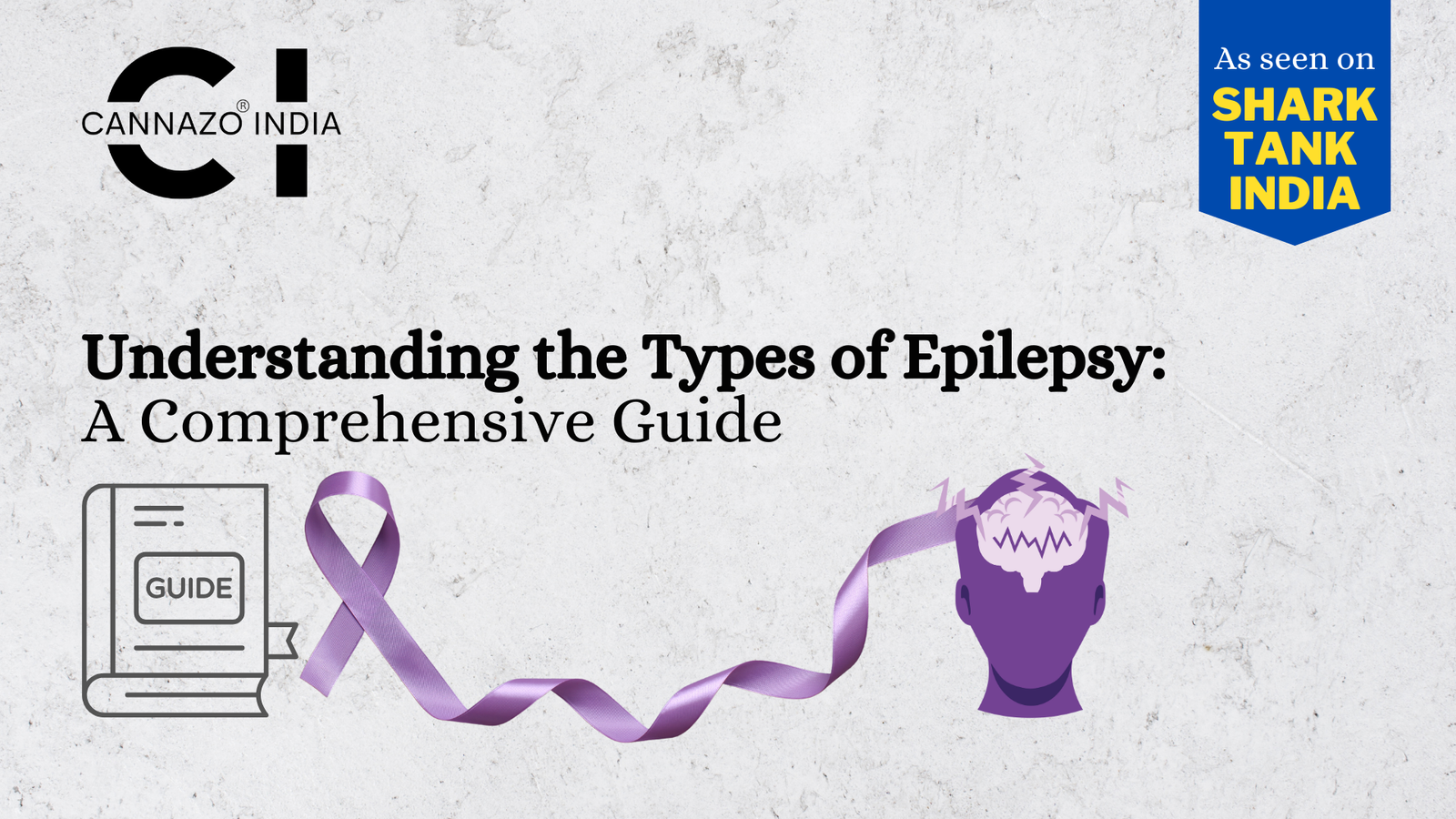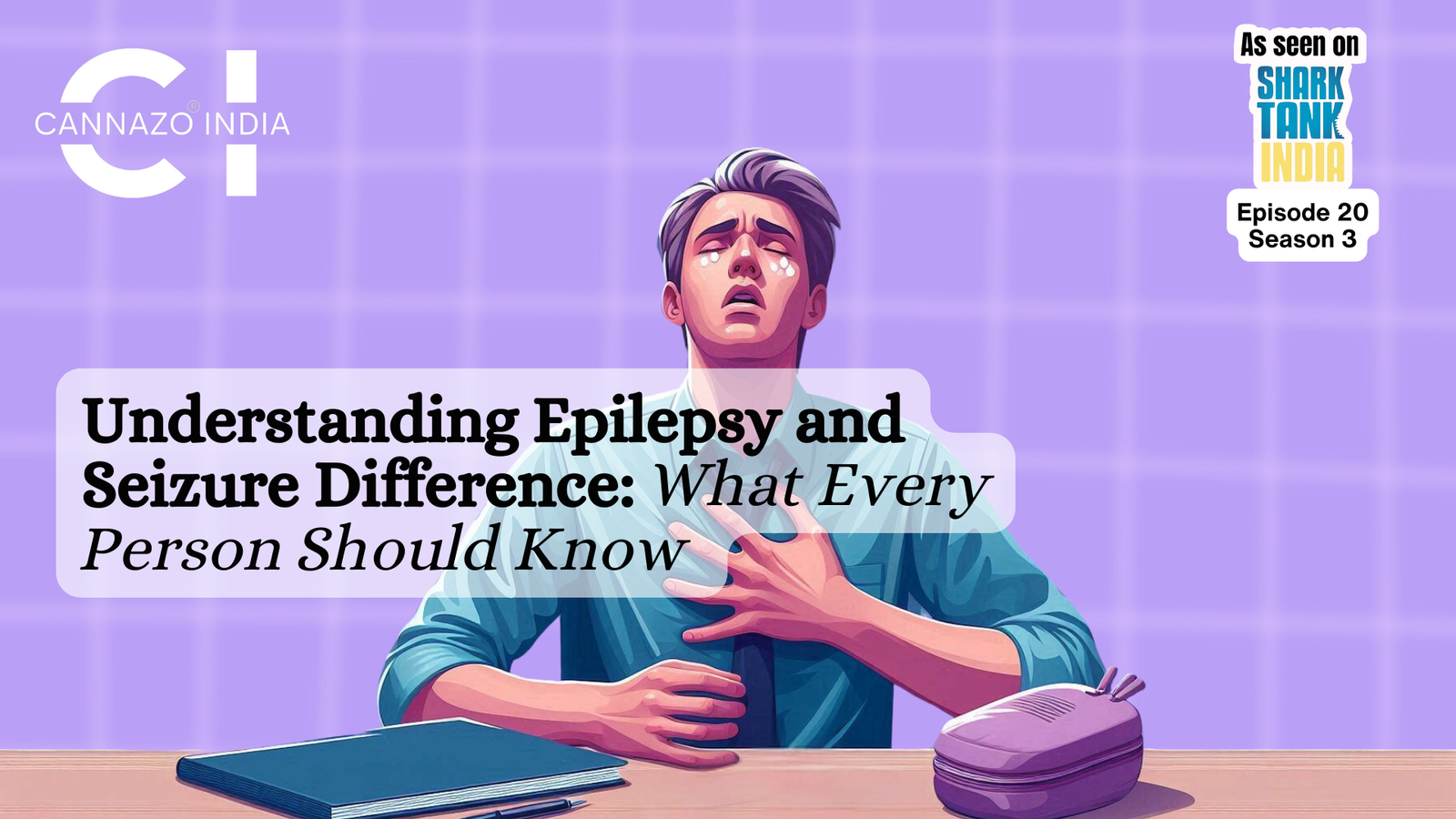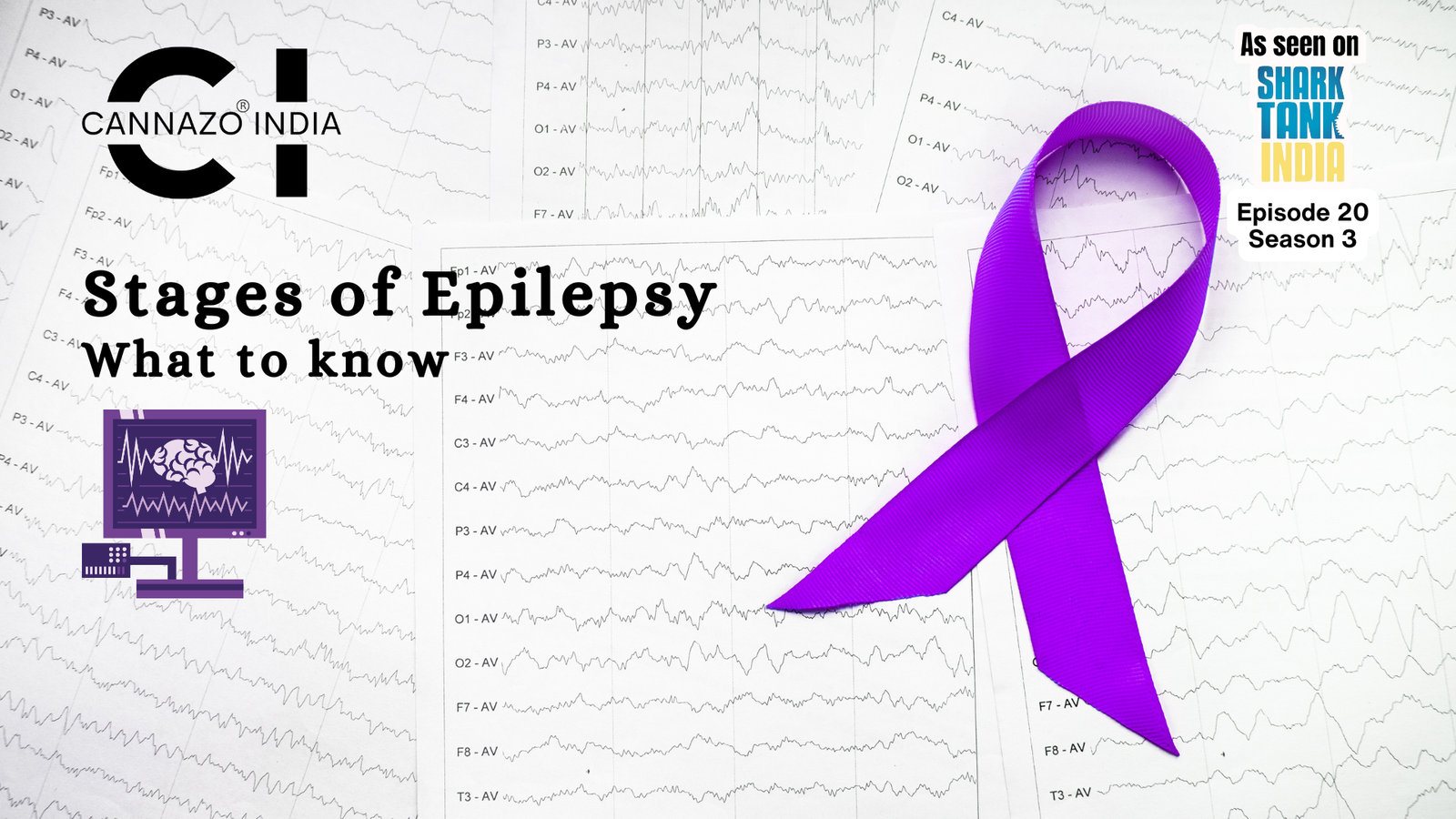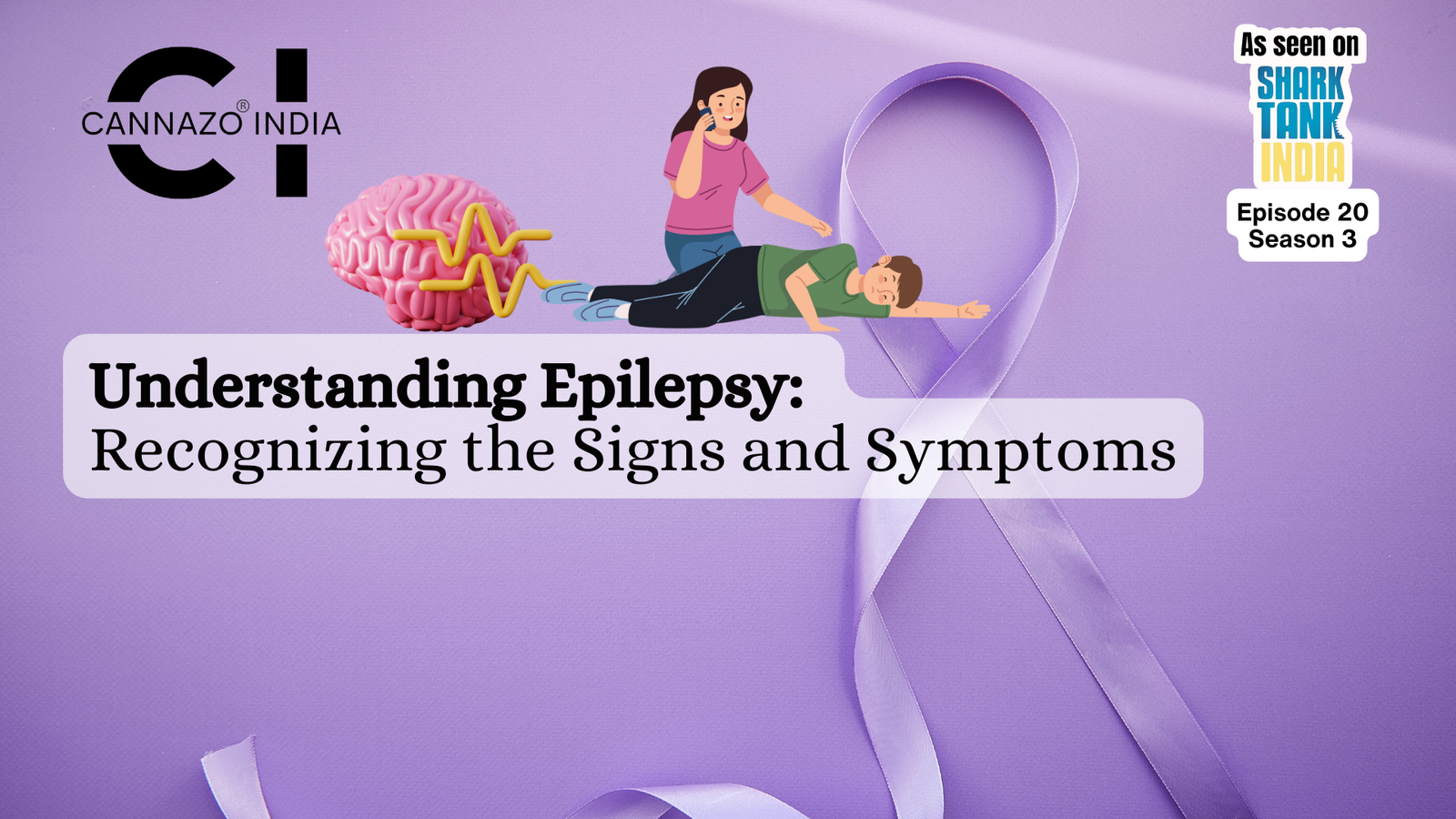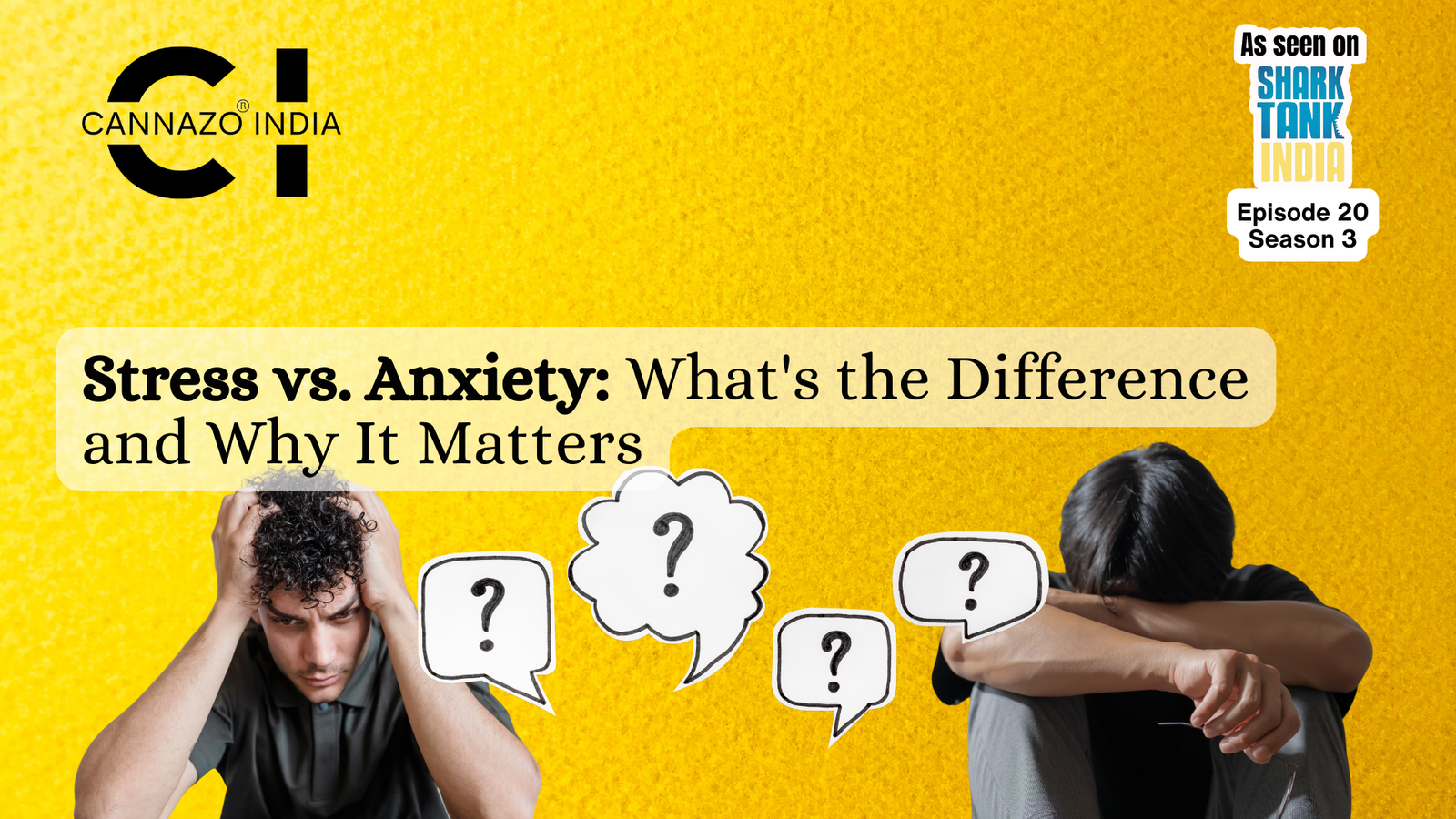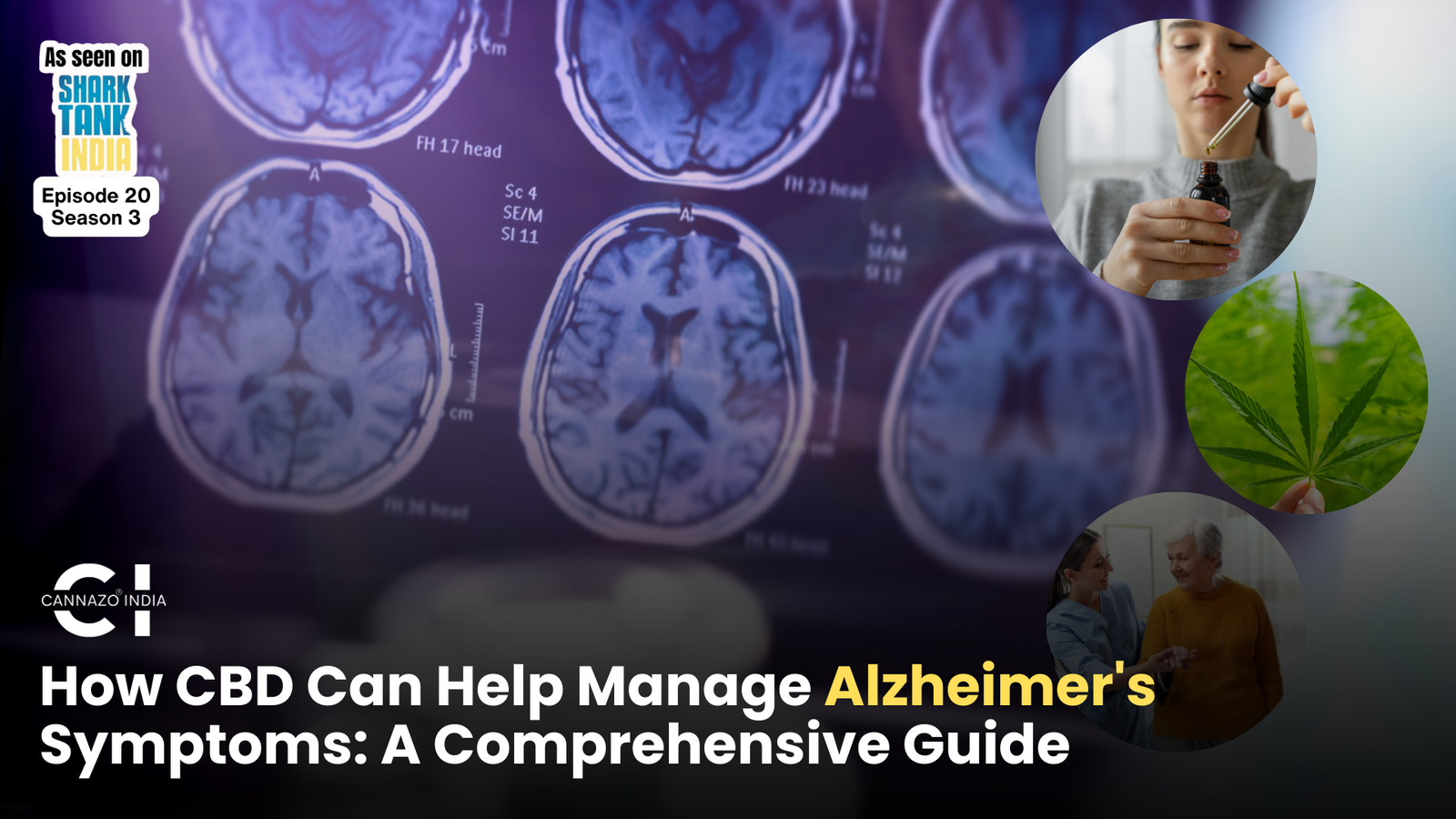Understanding Multiple Sclerosis Pain
The most common symptom of multiple sclerosis (MS) is pain. MS pain is usually caused due to a process called demyelination of the neurons. Pain occurs in about 75% of patients and can significantly affect quality of life. Thus, treatment of MS pain is necessary.
CBD for MS pain
Medical cannabis (MC) or Vijaya has been increasingly used for pain management in multiple conditions like arthritis and MS. MC leaves consist of two compounds: cannabidiol (CBD) and tetrahydrocannabinol (THC).
These compounds can decrease inflammation, alleviate pain, improve the quality and duration of sleep, and decrease anxiety and stress. Thus, CBD has been tested for efficacy in treating MS pain. This article provides you with tips and tricks for using CBD for MS pain management.
The body has an endocannabinoid system (ECS) which consists of cannabinoid (CB) receptors): CB1 and CB2. CBD interacts with these receptors to manage symptoms of MS like pain, muscle spasticity, fatigue, and mental health.
According to a study published in Frontiers in Neurology, 50% to 70% of persons with MS will have chronic pain (both felt and physical signs of pain) at some time during their disease progression.
Decreases Inflammation and Pain
Wade et al. (2003) conducted a preliminary study to determine the effect of CBD and THC extract on pain in MS and other patients. They found out that CBD and THC improve muscle spasticity and movement along with significantly decreased pain.
This might be because CBD interacts with CB2 receptors that are present in neurons and activates an anti-inflammatory which decreases inflammation. Due to this interaction, CBD also decreases pain.
An oral cannabis spray containing both CBD and THC reduced the perception of pain and its physical signs in persons with secondary progressive multiple sclerosis (MS), according to an Italian study.
Reduces Muscle Spasticity
In a separate study, Patti et al. (2020) tested the ability of CBD:THC treatment to decrease drug-resistant muscle spasticity in MS patients. 43.8% of the patients who completed the study showed improvement in at least one spasticity parameter. In 60% of the total enrolled patients, a 20% decrease in spasticity score was observed as well.
Improved sleep and fatigue
CBD can interact with CB2 receptors along with serotonin receptors called 5HT1A receptors present in the brain. Studies with insomnia patients have shown that CBD can improve sleep duration by 80%. Ried et al. (2022) showed that CBD 60% of insomniacs were no longer diagnosed with insomnia after 2 weeks of treatment.
Since CBD can improve sleep and pain, it can thus reduce fatigue and improve overall energy levels in MS patients.
Tips and Factors for Using CBD to Relieve MS Pain
When using CBD for MS, it is important to consult with a healthcare professional. Book an appointment with our experts at https://cannazoindia.com/doctor-consultation/.
It is important to choose the right formulation as well. Different kinds of CBD formulations that are available include:
- Full-spectrum: contain CBD, THC, terpenes, and other compounds present in MC
- Broad-spectrum: contain everything except THC
- Isolates: contain only CBD
Apart from this, it is important to choose the right mode of administration suitable to your lifestyle for maximum efficacy. Various administration forms are available:
- Capsules: oral administration
- Oils: can be taken sublingually, applied topically, or vaporised.
Although well-tolerated by many, some people experience side effects when using CBD oil like:
- Dry mouth
- Fatigue
- Appetite and weight changes
- Diarrhoea
- Nausea
Always notify your primary healthcare provider if you are using a full spectrum CBD product, as it may interact with other medicines, like blood thinners, causing dangerous side effects or decreasing the medication’s effectiveness.
Best Practices for Incorporating CBD into MS Pain Management
Dosage Guidelines
It is safe to start with a low dose of CBD first to check its degree of efficacy and any side effects. For FDA-approved 1:1 CBD: THC products, 2.5-4.0mg of CBD per day is recommended as a starting dose. If there are no side effects, the dosage can be increased under the supervision of a healthcare professional first.
Integrating CBD into Daily Routine
To manage MS pain, CBD oils like Cannazo India’s Vijaya Amrit can be integrated into your daily routine.
Kickstarting your day with a few drops of CBD oil in your morning smoothie or coffee can decrease morning muscle spasticity. Capsules or tinctures can be taken in the afternoon to decrease mid-day spasticity and pain. CBD oil can also be added to relaxing herbal teas to decrease fatigue. Just before sleeping, CBB oil can be topically applied to improve sleep quality and relieve the entire day’s muscle stiffness.
Conclusion
CBD oil is a promising alternative treatment option for MS pain and muscle spasticity due to the occurrence of drug-resistant muscle spasticity. It can decrease pain, and muscle stiffness, and improve fatigue and sleep.
References
- Ried, K., Tamanna, T., Matthews, S., & Sali, A. (2023). Medicinal cannabis improves sleep in adults with insomnia: a randomised double‐blind placebo‐controlled crossover study. Journal of sleep research, 32(3), e13793.
- Safakish, R., Ko, G., Salimpour, V., Hendin, B., Sohanpal, I., Loheswaran, G., & Yoon, S. Y. R. (2020). Medical cannabis for the management of pain and quality of life in chronic pain patients: a prospective observational study. Pain Medicine, 21(11), 3073-3086.
- Solaro, C., Trabucco, E., & Messmer Uccelli, M. (2013). Pain and multiple sclerosis: pathophysiology and treatment. Current neurology and neuroscience reports, 13(1), 320.
- Wade, D. T., Robson, P., House, H., Makela, P., & Aram, J. (2003). A preliminary controlled study to determine whether whole-plant cannabis extracts can improve intractable neurogenic symptoms. Clinical rehabilitation, 17(1), 21-29.
- Racke, M. K., Frohman, E. M., & Frohman, T. (2022). Pain in Multiple Sclerosis: Understanding Pathophysiology, Diagnosis, and Management Through Clinical Vignettes. Frontiers in neurology, 12, 799698. https://doi.org/10.3389/fneur.2021.799698














